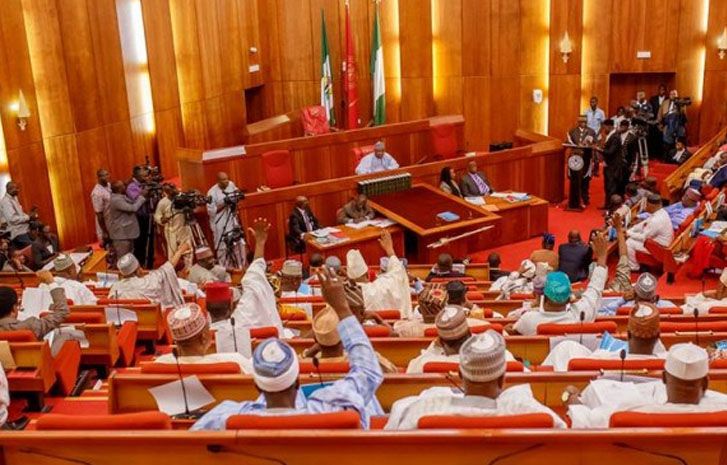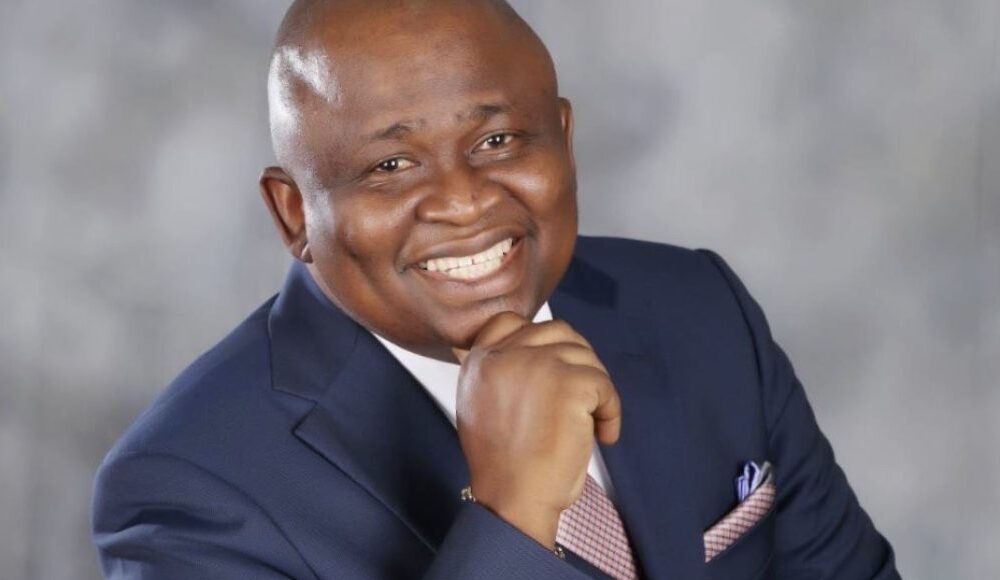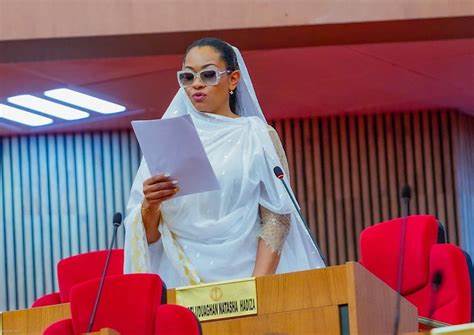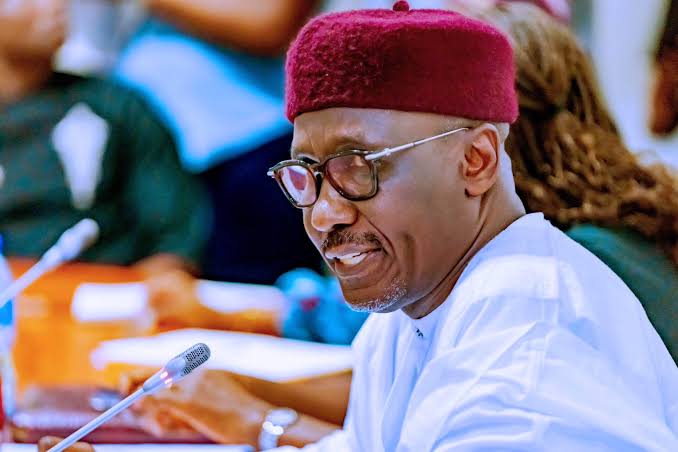The Senate on Tuesday expressed concerns over the escalating brain drain crisis in Nigeria’s universities and other critical sectors, calling for increased budgetary allocations to address the issue.
During plenary, lawmakers lamented the mass exodus of skilled professionals from the country’s higher education and healthcare sectors. Senator Anthony Ani (APC, Ebonyi South) sponsored a motion titled, “Urgent Need to Address the Challenges of Increasing Cases of Brain Drain in the Nigerian University System.”
According to Senator Ani, a report by the National Universities Commission (NUC) revealed that many Nigerian universities currently operate with less than 50% of the required academic staff due to brain drain. He emphasized that the salaries of university lecturers have not been reviewed in over 15 years, placing them among the poorest-paid educators globally. This situation, he said, is driving academic talent abroad in search of better opportunities.

“Many universities in neighboring West African countries offer better working conditions than Nigeria, which is alarming and disheartening. Brain drain poses a serious threat to the survival of higher education, particularly in fields like engineering, medicine, and sciences,” Ani remarked.
Several senators contributing to the debate highlighted that the issue extends beyond universities. Sectors such as healthcare are equally affected, with doctors and nurses leaving the country en masse each year. Senate President Godswill Akpabio noted that over 22,000 Nigerian healthcare workers are now employed in the United States.
Akpabio concluded, “Brain drain is a big problem, not just in education but also in critical sectors like healthcare. We will do our best to improve the situation and ensure better conditions for university teachers and other professionals.”
In response, the Senate called for increased annual budgetary allocations for universities to address infrastructural decay and improve lecturers’ remuneration.
It also mandated relevant committees to work with the Ministries of Finance, Education, and Health to develop strategies to combat brain drain.




